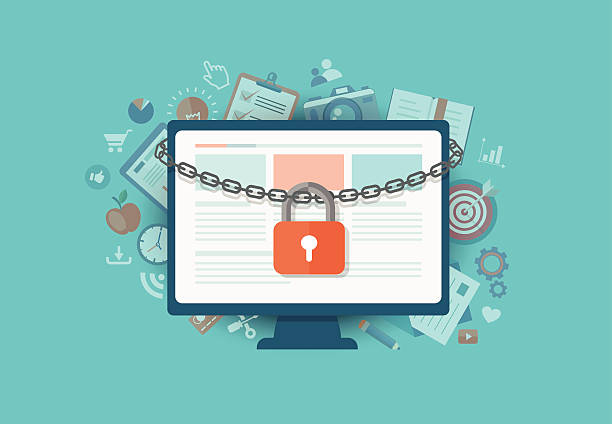
Ensuring Data Privacy and Security in the Global Translation Project
In today's linked society, data privacy and security are becoming increasingly crucial factors to take into account. This is especially true when it comes to international translation projects, when sensitive data and private content might be transmitted internationally. Strong safeguards for data privacy and the protection of sensitive information must be put in place as organizations expand their reach and work with translation providers throughout the world. The significance of protecting data privacy and security in international translation projects is discussed in this article, along with the most effective methods for doing so.

Implementing Confidentiality Agreements
Adopting a thorough nondisclosure agreement is one of the crucial stages in preserving data privacy. This agreement establishes clear standards for the management of confidential information as well as the obligations of all parties engaged in a translation project. Nondisclosure agreements assist in ensuring that translators and language service providers are aware of their responsibilities and dedicated to upholding the security and confidentiality of the data they handle.
Secure Data Transfer and Storage
In global translation projects, data storage and transmission security is crucial. Sensitive data can be protected during transmission by implementing secure file transfer protocols, such as encrypted file transfer and virtual private networks (VPNs). Whether on-premises or through a reputable cloud provider, storing data in a safe and secure environment offers an added degree of security. Data loss or illegal access is less likely with regular data backups and disaster recovery procedures.
Choose a Trusted Language Service Provider
To guarantee data privacy and security for global translation projects, it is crucial to select a reliable and trustworthy language service provider. It is crucial to perform due diligence and evaluate LSP's data protection policies, certifications, and history of managing sensitive information. Working with LSPs that adhere to widely acknowledged data security standards gives a higher level of assurance in the protection of personal information.